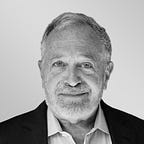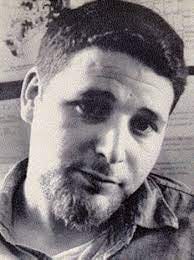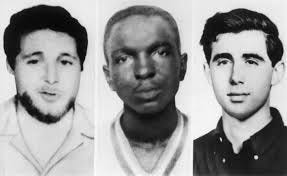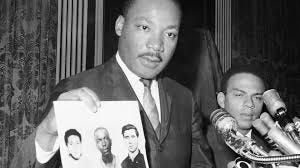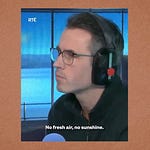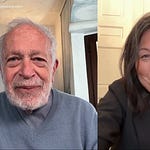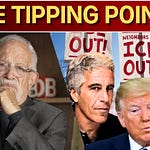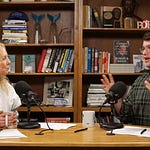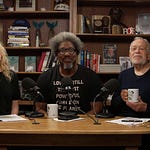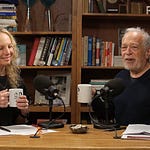The convergence today of Martin Luther King Jr. Day and of the Senate’s unwillingness to protect voting rights causes me to remember my childhood friend and protector, whom I knew as Mickey.
I was always very short for my age, which made me an easy target for bullies. To protect myself, I got into the habit of befriending older boys who’d watch my back. One summer when I was around 8 years old I found Mickey, a kind and gentle teenager with a ready smile who made sure I stayed safe.
Years went by and I lost track of Mickey. It wasn’t until the fall of 1964, my freshman year in college, that I heard what had happened to him. Several months before, Mickey had gone to Mississippi to register Black voters during what was known as “Freedom Summer.” On August 4, Mickey – his full name was Michael Schwerner -- was found dead, along with two other civil rights workers, James Chaney and Andrew Goodman. The three had been brutally tortured and murdered.
Eventually I learned what had happened. On June 21, the three were stopped near Philadelphia, Mississippi by Neshoba County Deputy Sheriff Cecil Ray Price, for allegedly speeding. That night, after they paid their speeding ticket and left the jail, Price followed them, stopped them again, ordered them into his car, and took them down a deserted road where he turned them over to a group of his fellow Ku Klux Klan members who beat and killed them, and buried their bodies in an earthen dam then under construction.
The state of Mississippi refused to bring murder charges against any of them. Price and Neshoba County Sheriff Laurence Rainey, also a Klan member, along with 16 others, were arraigned for the federal crime of conspiracy to violate the civil rights of the murdered young men. An all-white jury convicted Price and sentenced him to six years in prison (he served four) and found Rainey not guilty.
Freedom Summer had brought together college students from northern schools to work with Black people from Mississippi to educate and register Black voters. Although about 40 percent of Mississippi’s population was Black, most of them had been frozen out of the polls through poll taxes, subjective literacy tests, and violence. It had been that way since 1877. The system was enforced by white supremacists who could commit crimes with impunity because the entire region had become a one-party state. Mickey Schwerner, Chaney, Goodman, and other civil rights workers had sought to reestablish the principle of equality before the law.
After their murders, Freedom Summer continued. Activists were emboldened rather than intimidated by the racial terror orchestrated by Mississippi officials. Almost 1,000 white volunteers bolstered the Student Non-violent Coordinating Committee’s efforts to organize Freedom Schools, literacy and civics classes, voter registration and integrated libraries.
Then in 1965, with the intrepid leadership of Martin Luther King, Jr. and others in the civil rights movement, Congress passed the Voting Rights Act, protecting the right of Black people to vote. After that, the stranglehold of the white supremacists on the one-party South loosened.
But the regressive forces of racism and violence did not disappear. On August 3, 1980, Ronald Reagan launched his presidential campaign with a rally at the Neshoba County Fair (only a few miles from Philadelphia, Mississippi), where he defended state’s rights and the unwinding of civil rights advances. On June 25, 2013, the Supreme Court, in the case of Shelby County v. Holder, gutted the Voting Rights Act by holding that its formula for deciding which jurisdictions had to get pre-clearance from the Justice Department before changing their voting laws was outdated.
Now, in response to record voter turnout in the 2020 election, 19 states have passed over 30 new laws making it harder to vote. At the same time, Republican-dominated legislatures are gathering into their hands the power to negate popular votes. And the United States Senate, although nominally under Democratic control, is at this point unwilling to enact legislation to override these restrictions or restore the Voting Rights Act.
We seem to be headed back to the society Michael Schwerner, James Cheney, and Andrew Goodman fought against with their lives.

